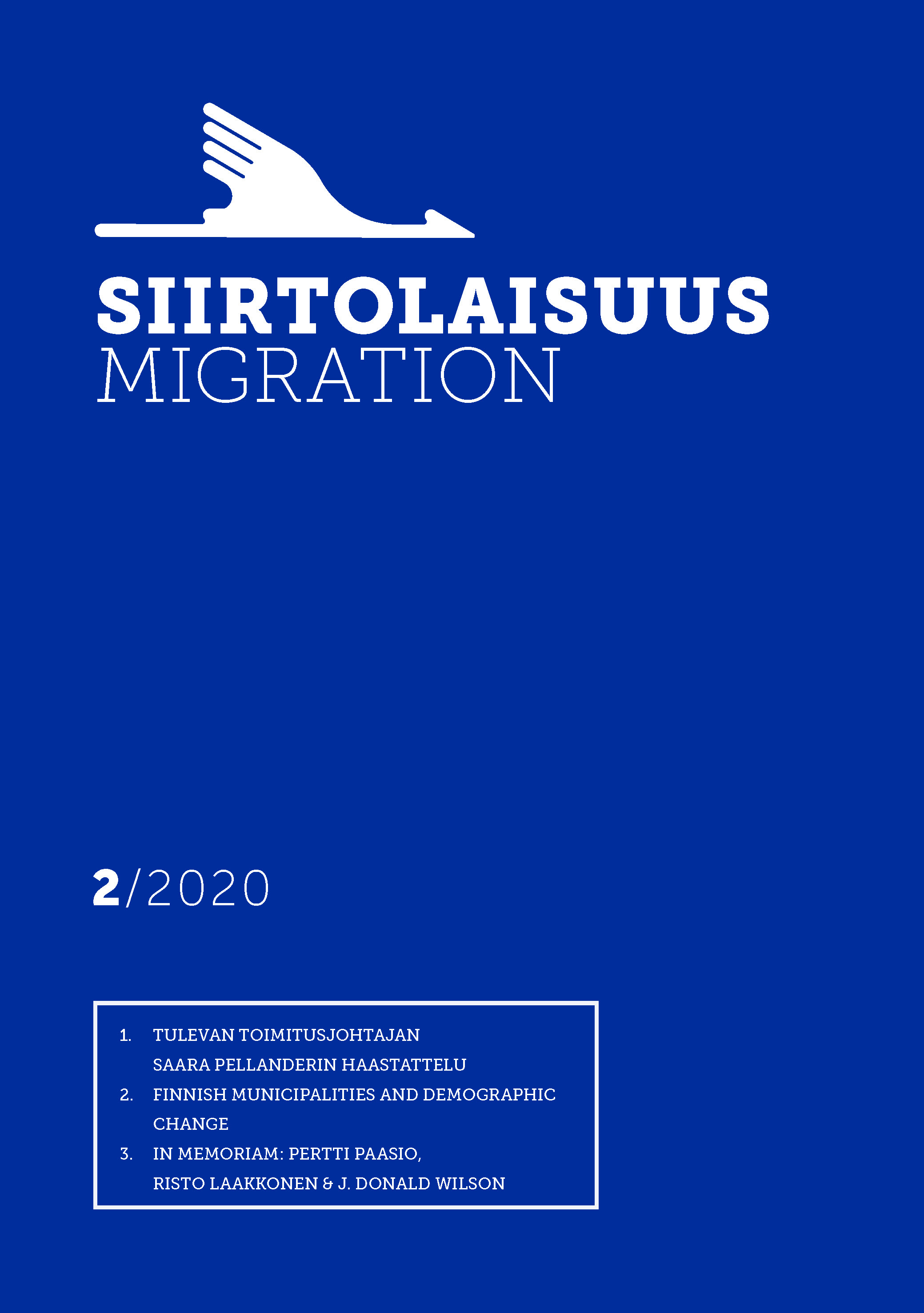Conflict, solidarity, and acculturation
Adolescents’ adaptation and perceptions of intergenerational relations after immigration
Avainsanat:
Adolescents, immigration, immigrant families, intergenerational relationships, adaptation, acculturationAbstrakti
Most of us have an experience of being someone’s child. Relationships towards one’s parents are often at the same time self-evident and complicated. We may feel a deep connection to our parents, no matter how they are. We may feel loyalty to our parents and are willing to support and help them. Simultaneously, our parents may irritate us, and we may disagree and argue with them without wanting to abandon them. In psychological studies, the relationship
between adolescents and parents has been recognized as a crucial social environment for adolescents’ adaptation and development. Family relations form a central adaptation environment also for immigrant adolescents. From the ecological perspective, the family environment interacts with other social environments, such as school and transnational relationships, creating a complex space for adolescents’ development and adaptation. There are also individual level characteristics and societal level values and ideologies that play important roles in adolescents’ adaptation.

